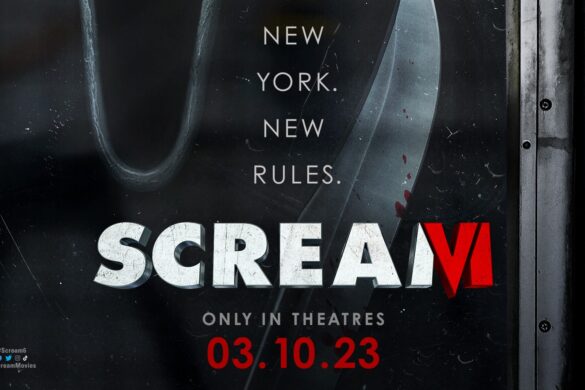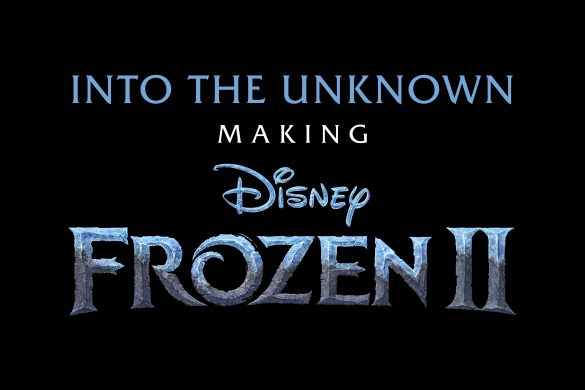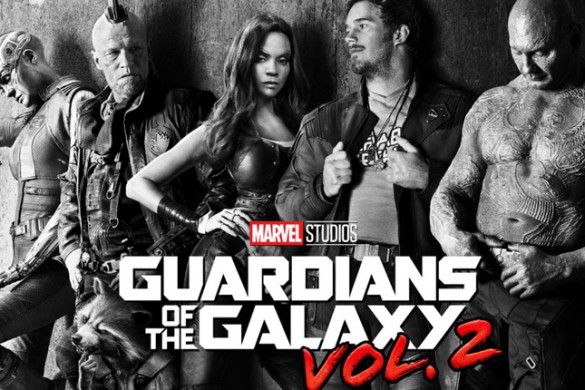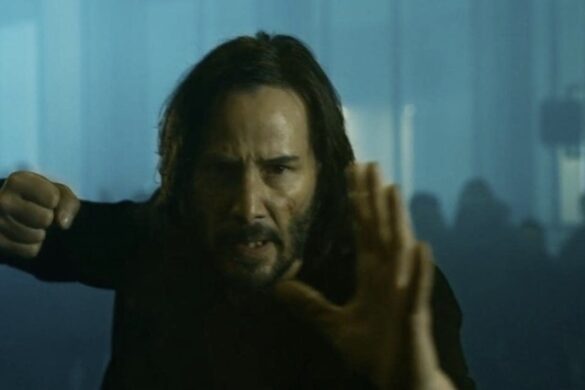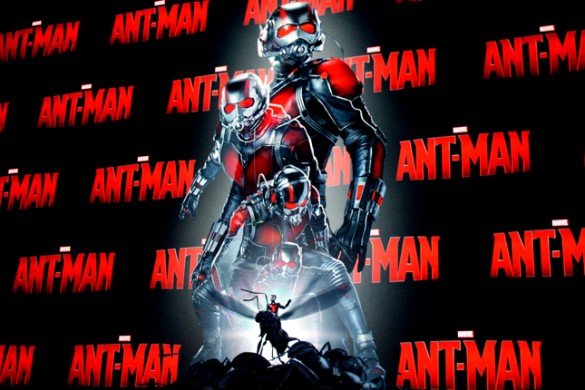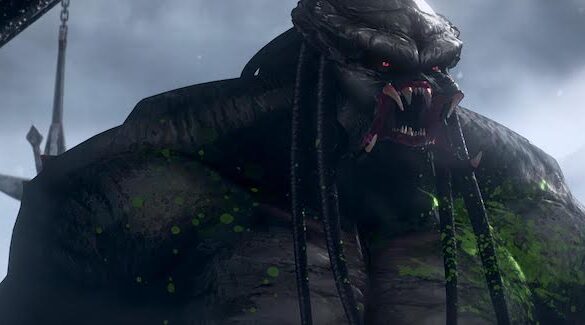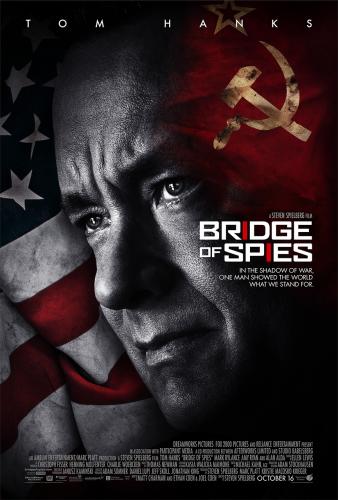 Bridge of Spies is a new Steven Spielberg film staring Tom Hanks written by the Cohen Brothers and Matt Charman for a winning line up. Looking at the credits you might think you were back in the 90’s and upon viewing Bridge of Spies very well could have been made 15-20 years ago and ended up about the same film you see before you today. There are no tricky effects, shots are traditional, cuts are slow, and the marquee draw comes from the same names. It’s the mastery of this tried and true brand of simplicity that’s key to their lasting appeal what’s kept them prolific for so many years. Based on true events, Bridge of Spies is set at the start of the Cold War in 1960 and centers around the trial of Rudolf Abel (Mark Rylance) and the capture of an American U-2 spy-plane pilot, Francis G. Powers (Austin Stowell) by the Soviets.
Bridge of Spies is a new Steven Spielberg film staring Tom Hanks written by the Cohen Brothers and Matt Charman for a winning line up. Looking at the credits you might think you were back in the 90’s and upon viewing Bridge of Spies very well could have been made 15-20 years ago and ended up about the same film you see before you today. There are no tricky effects, shots are traditional, cuts are slow, and the marquee draw comes from the same names. It’s the mastery of this tried and true brand of simplicity that’s key to their lasting appeal what’s kept them prolific for so many years. Based on true events, Bridge of Spies is set at the start of the Cold War in 1960 and centers around the trial of Rudolf Abel (Mark Rylance) and the capture of an American U-2 spy-plane pilot, Francis G. Powers (Austin Stowell) by the Soviets.
James B. Donovan, played by Tom Hanks, starts as a not particularly empathetic or scrupulous Brooklyn insurance lawyer who specializes at spinning arguments and making people see things his way who suddenly finds himself caught up on the wrong side of popular opinion when he’s roped into defending in court a man accused of being a Soviet spy. Things escalate and he finds himself acting as a negotiator for an important exchange that could turn the tides of international relations. Hanks must weigh his responsibilities to his family, his career, his community, and as an American and make choices while the fate of others lays in his hands.
The struggle throughout the film is about going the extra mile for a job you didn’t ask for. Hanks is given a thankless task that puts his family at risk and makes him a reviled man about town. Tensions are high and people are out for blood but he takes it upon himself to tell the world that an eye for an eye will make the world blind. When do we define ourselves by ideals instead of nationality? What is a man’s breaking point? “It doesn’t matter what people believe, you know what you did” is a double edged sword. At the core there is the message that people are fickle, be true to yourself and don’t quit when it gets hard. You have to live with the choices you make.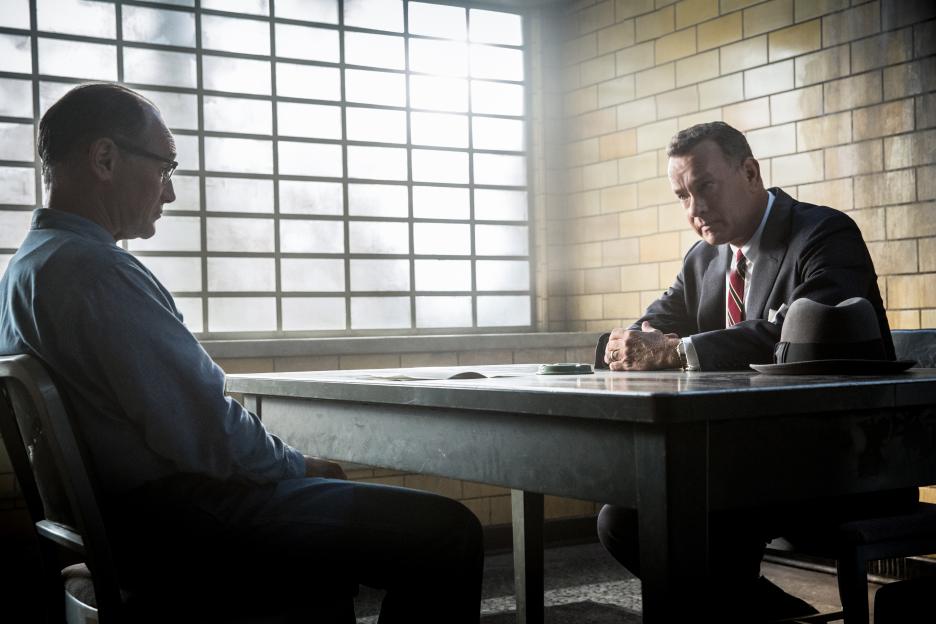
While at times things seem a bit too laid out and tension builds to predictable standoffs there is a healthy dose of light humor to keep things entertaining, which is welcome if not surprising for a political drama about the Cold War, and makes for easy viewing. There is buzz even this early on about Bridge of Spies’ possibility of becoming an Oscar contender, and though it fits the bill in many ways and delivers solid performances by Mark Rylance and Tom Hanks neither the script or the roles seems particularly challenging. That is part of the draw of the film though, viewers get a quality two and a half hour period drama and won’t feel like they are trudging through it.
The downside of the this over simplification is that Bridge of Spies takes a charged period of history and tames down the horror and ever present fear of the threat of doomsday and upheaval with a gentle dismissive pat and leads the story down a less strenuous path without getting to the meat. Anyone who is not played by Hanks or Rylance is painted broadly which does a disservice and tints the message a bit too black and white while selling itself as being about tough choices. For a film that tries to tout mutual respect and the pursuit of dignity and honor there is a lot of portraying anyone not on board with them like a bunch of tricky backward goons. Despite this the film still excels at taking the conflict beyond nations and elevating it to a personal level.
Bridge of Spies is rated PG-13 for brief language and violence, when some some civilians are trying to escape over the East Berlin wall and are gunned down by tower guards, a house is shot at with people people inside, and another scene where there is the implication that people are being tortured during interrogation, none of which are graphic but might be alarming.
Catch Bridge of Spies opening in theaters throughout the nation October 16th.

